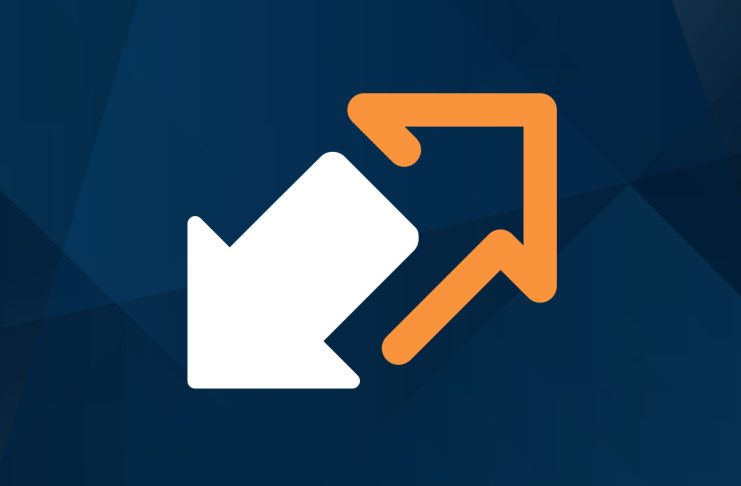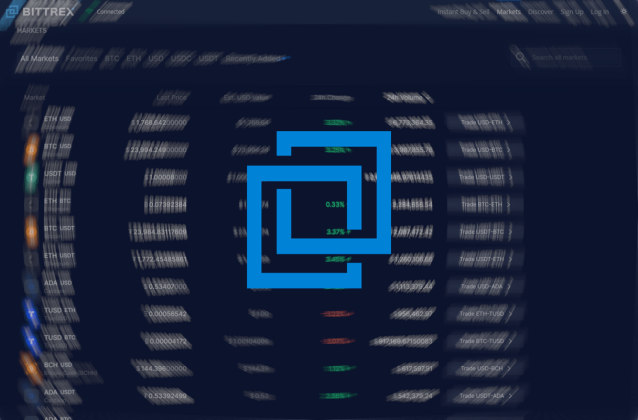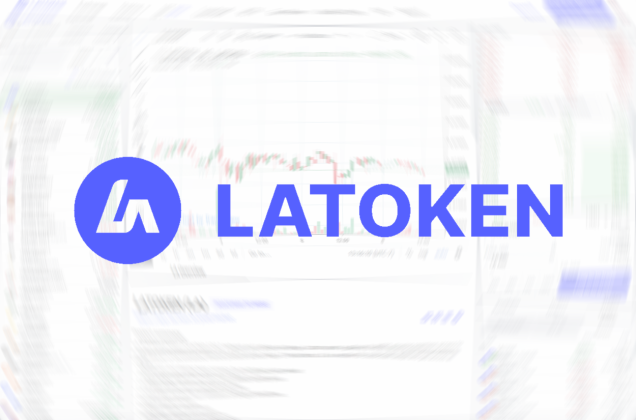Blockchain began as a way to develop and run decentralized cryptocurrencies but, in just a few years, it has started to dominate the digital and tech sphere. Today, blockchain has reached a point of ubiquity that developers can use blockchain to create their own software solutions or get Virgin Casino promo code. However, this does not mean that blockchain is easily understood or highly accessible; it is still very complex and can be intimidating to deal with.
The good news is that, with the boom in blockchain use and development, has come an accompanying influx of new tools, innovations, apps, and websites that are built to help developers understand and implement blockchain more easily. Below is a list of some of the top apps and sites for implementing blockchain in your software applications.
Blockchain for small businesses
No matter how small your business or software application might be, you may be able to utilize blockchain processes to boost efficiency and innovation. Many small businesses avoid blockchain or do not even consider it as they think it will be too difficult and costly to implement and integrate into their existing tech infrastructure.
However, blockchain does not have to be expensive or difficult to introduce to a business ecosystem. It is on the rise, and experts estimate that soon more and more people will want to use cryptocurrency.
Bitcoin gateways
Bitcoin gateways are great for businesses of all sizes to begin blockchain integration. These gateways are websites and apps that allow online merchants to accept payments in Bitcoin. Many of them are flexible and able to accept payments from several prominent cryptocurrencies like Bitcoin, Ethereum, Ripple, and Litecoin.
Everyone familiar with cryptocurrencies knows that they can be volatile currencies. These gateways are useful because they quickly convert cryptocurrencies into fiat currency upon receipt and allow online merchants to automate these processes and payments.
A few popular bitcoin gateways include; Coinbase, Coingate, CoinsBank, Shopify, AlfaCoins, Go Coin, BitPay, GoURL, BitcoinPay, and SpicePay. Each gateway sets its exchange rates and offered currencies. Also, when choosing a bitcoin gateway, it is essential to take into consideration the mobile abilities of the gateway as some bitcoin ones perform on mobile better than others. Although there are a lot of different gateways to choose from, each has its unique processes so you can find the one that works best for your business or software application.
Blockchain development tools
When implementing blockchain directly into a software application, there are several tools that make implementation much more straightforward. Below are a few of the best tools you can use to introduce blockchain into your software.
Solidity
Solidity is currently one of the most popular programming languages to be used for developing blockchain. Using Solidity, developers can easily write smart contracts, and it is also supportive of the object-oriented paradigm. Smart contracts are versatile and can be used to develop several different applications, including crowd-funding, voting, and digital wallets with a number of signatures. Importantly, Solidity is used in Ethereum, which is one of the most prominent and most ubiquitous blockchain solutions.
Geth
Developers use Geth for Ethereum node implementation, and it can be utilized for several different objectives or developments on the Ethereum blockchain such as mining token, creating smart contracts, reviewing block history, and transferring tokens. Geth uses the Go programming language and is available in three different interfaces (interactive console, command-line, and JSON-RPC). It also conveniently can be used on Mac, Windows, and Linux, allowing for a helpful degree of flexibility.
Blockchain Testnet
While you are developing blockchain, it is important to continually test your dApps (decentralized apps) with blockchain testnets. As each blockchain is different, the testnets are unique, and for each type of blockchain, you can choose between public tests, private tests, or customized blockchain emulators.
These tests are especially helpful because trying to launch a blockchain test can be both challenging and very costly. For example, running tests with Ethereum can cost thousands of dollars if the blockchain is exceptionally large or complex.
These are just a few of the many applications, websites, and tools that exist to simplify and assist with blockchain implementation. When beginning to learn more about blockchain and how it might be integrated into existing tech systems and infrastructure, it is crucial to avoid future frustration and friction by first research the best tools and processes for your particular tech needs.
Image(s): Shutterstock.com




